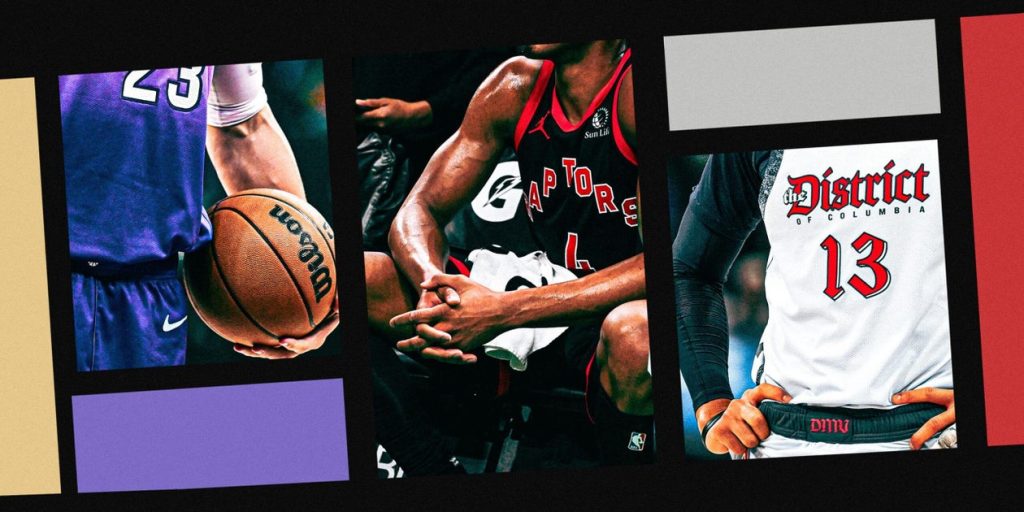TORONTO — Efforts to Normalize the Situation
Despite the ongoing challenges, everyone was trying to maintain a sense of normalcy. Toronto Raptors’ rookie Jamal Shead was sprinting around the perimeter of Scotiabank Arena, celebrating after hitting a last-second shot to secure a win over the Washington Wizards on March 8. His teammates joined in the jubilation as the fans erupted with excitement.
However, the mood shifted when the Wizards, with their heads down, awaited an official review of the play that might overturn the bucket. When the officials determined that Shead still had two fingers on the ball when the clock hit zero, the Wizards reacted with joy while the Raptors moved from elation to disbelief, and the crowd quieted into uncertainty.
Fan Perspectives and Player Reactions
For many fans of two struggling teams, the prevailing sentiment was anything but typical; some even preferred their teams to lose for better draft positioning. Players are aware of such sentiments but grapple with the rationale behind them.
“It’s bulls—,” expressed Raptors veteran Garrett Temple to The Athletic post-game. “As competitors, we strive to win. It’s unfortunate that the current structure creates these incentives to lose, and that’s fundamentally flawed. The NBA needs to re-evaluate ways to keep the competition alive.”
NBA’s March Challenges
March is often seen as a lackluster period in the NBA. While the NCAA showcases some of its most competitive basketball, the NBA often struggles to maintain the same intensity, with top stars frequently sidelined. The Raptors’ win over the Wizards was part of a homestand filled with teams likely to be incentivized to lose, including the Raptors, Wizards, Jazz, and 76ers.
Team Strategies and Player Resting
The Raptors exemplified the trend, openly de-emphasizing winning by resting their starting point guard and benching key players during crucial stretches. This trend is mirrored across other struggling teams like the Wizards and Jazz, where management is incentivized to prioritize draft positioning over victories.
Fan Experience and League Considerations
Fan engagement has declined as many express discontent over having to root against their teams. The Raptors, once a sellout staple, now regularly see thousands of empty seats as they average 1,100 fewer fans than capacity this season. In contrast, the Jazz maintain strong attendance despite openly pursuing a long-term development strategy.
Rethinking Draft Incentives
The NBA’s draft lottery rules have evolved since 1985, aimed at preventing poor teams from remaining competitive for extended periods. There is optimism that recent changes to the lottery system could improve parity across the league, reducing incentives for teams to “tank.” However, the ongoing issue of competitive integrity remains a significant concern.
Future Directions
To enhance the competitive landscape, some propose radical structural changes, like eliminating draft-related incentives for losing or modifying the number of regular-season games to prioritize player health and game quality. Ultimately, fans deserve to see their favorite players on the court, and whether the league can adapt to meet this demand will shape the NBA’s future.



